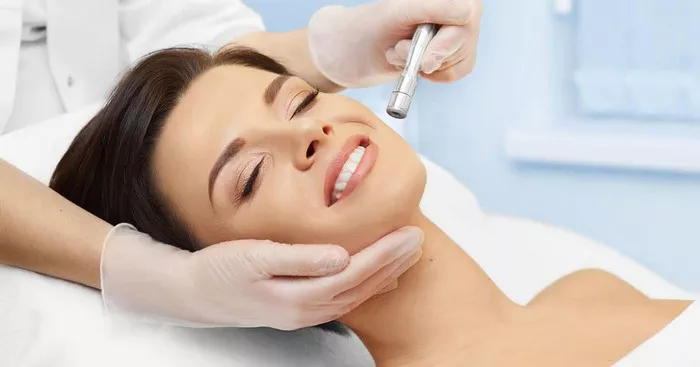FAQs
1. Is buccal fat pad removal worth it?
The decision to undergo buccal fat pad removal, also known as cheek reduction surgery, is subjective and depends on individual goals and preferences. While the procedure can achieve a slimmer facial appearance by reducing excess fat in the cheeks, it’s essential to consider potential risks, recovery time, and the permanence of results. Consulting with a qualified plastic surgeon can help determine if buccal fat removal aligns with your aesthetic objectives.
2. Why is buccal fat removal so expensive?
The cost of buccal fat removal varies depending on factors such as the surgeon’s expertise, geographic location, facility fees, anesthesia costs, and pre- and post-operative care. Additionally, the complexity of the procedure and any associated risks may contribute to the overall expense. It’s crucial to prioritize safety and quality when considering plastic surgery, rather than solely focusing on cost.
3. How painful is buccal fat removal?
Buccal fat removal is typically performed under local anesthesia or intravenous sedation, ensuring minimal discomfort during the procedure. Patients may experience some swelling, bruising, and mild discomfort post-operatively, which can be managed with prescribed pain medication and proper aftercare. However, individual pain tolerance varies, and some individuals may experience more discomfort than others during the recovery period.
4. What is the disadvantage of buccal fat removal?
While buccal fat removal can achieve desirable facial contouring results for some individuals, it’s essential to consider potential disadvantages and risks associated with the procedure. These may include:
Over-reduction leading to a gaunt or hollow appearance.
Asymmetry or uneven fat removal.
Temporary or permanent nerve damage resulting in altered sensation or muscle function.
Unsatisfactory results requiring revision surgery.
Potential complications such as infection, bleeding, or adverse reactions to anesthesia.
Discussing potential disadvantages and concerns with a board-certified plastic surgeon can help individuals make informed decisions about buccal fat removal.


